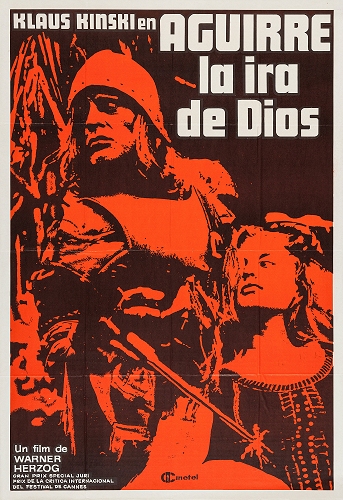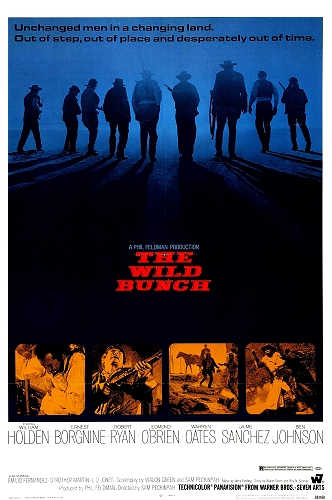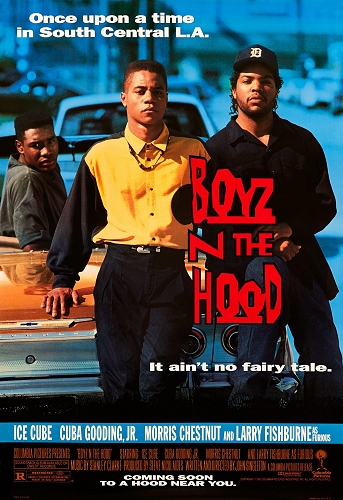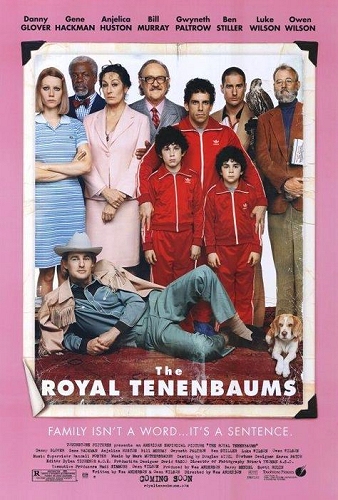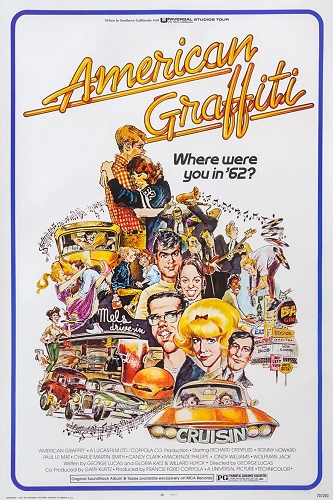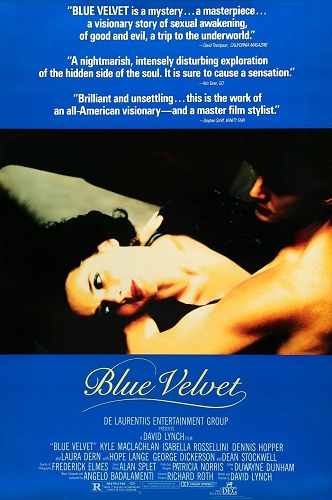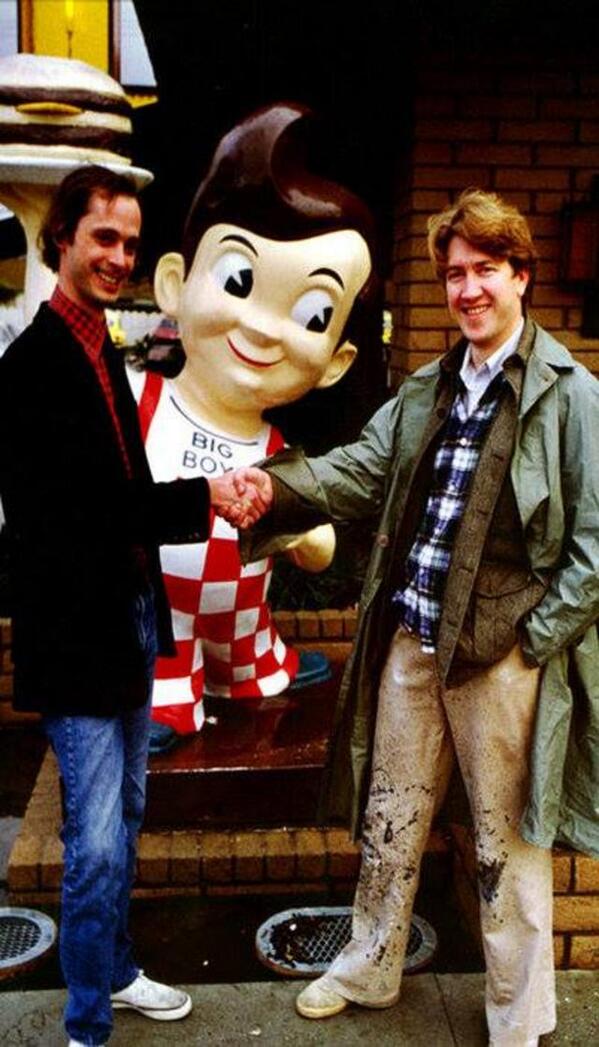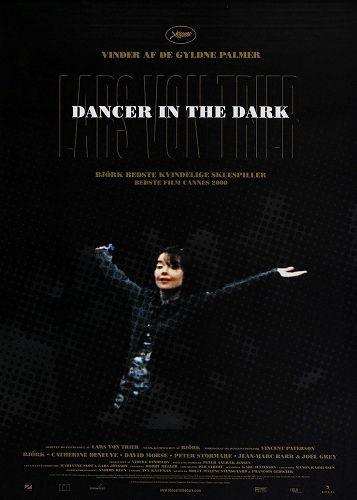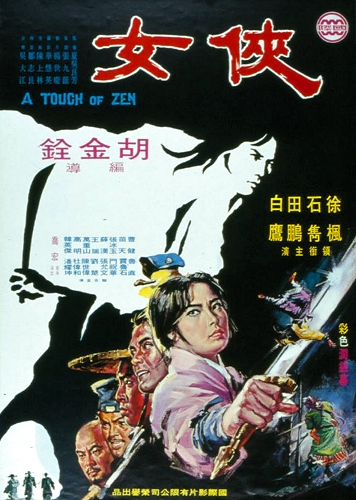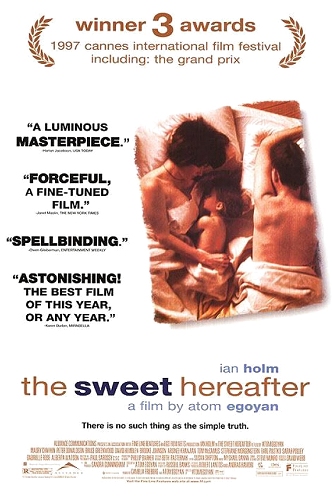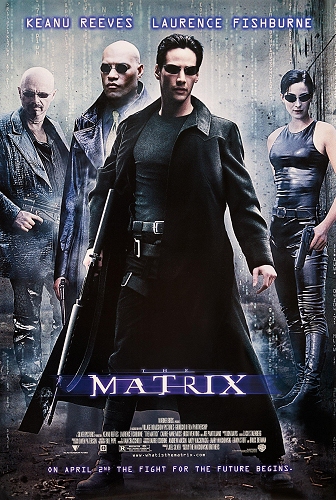The Matrix (1999)
Director: The Wachowskis
Country: United States
Length: 136 minutes
Type: Sci-Fi, Action
The Wachowskis stir up a huge array of pop-culture influences including
Alfred Hitchcock's 'Vertigo',
'Blade Runner', Hong Kong action, Kung Fu movies, Film-Noir, Japanese Sci-Fi and Anime, Jedis,
Bruce Lee,
Muhammad Ali, Spaghetti Westerns, Goths, Punks,
'The Wizard of Oz',
'Sleeping Beauty', Dance culture and comic books into a new cohesive confection. I'd spent my 1990s teenage years getting into most of those things, so it was like a movie had come along with all my favourite things combined. Watching it for the millionth time, the first 45-minutes do perhaps drag the tiniest amount because it's explaining a concept that I know by heart (it's like the first
Star Wars movie in that respect) but that stage is set with a lot of visual style and drama to keep you entertained. Then we finally get loaded into the Neo vs Morpheus dojo scene and the movie just flies from that incredible fight sequence onwards. I noticed that the heroes re-enter the Matrix at the exact mid point of the movie. It's that kind of precise narrative structure that the sequels lack. Plus since
Keanu Reeves has his head shaved in half his scenes (we then see it grow) and is not wearing a wig in the Matrix scenes (I'm 99% sure?) it meant they would've had to shoot the film in a set order, with no possibility for reshoots, rethinks, or mistakes. I believe there are no deleted scenes as a consequence of that disciplined approach. The Trip-Hop/Big-Beat/Industrial/Metal soundtrack is such a big character in the film. I remember the "Music from the Motion Picture" CD (not the score CD) being so popular at the time it seemed to be in everybody's collection. The key scene being the lobby gun battle where the action is cut precisely to the rhythm of
Propellerheads cool classic
'Spybreak!'. It's one of the greatest action scenes ever shot. The score by
Don Davis is lovely too but it was a big mistake to only have his music in the sequels.
Gloria Foster's performance as "The Oracle" is magnetic, she could've delivered 2-hours of exposition about Zion and the machines and it would still be more entertaining than most other movies.
The original trailer in open-matte 35mm glory:
Since I was revisiting the first one and with the 4th film on the way, I thought I might as well force myself to sit through the sequels one more time. Long rambling rant ahead...!
 The Matrix Reloaded (2003)
The Matrix Reloaded (2003)
Apart from introducing new characters, expanding the world and endless exposition to explain those characters and world, what of consequence actually happens in
'The Matrix Reloaded'? Is Smith possessing Bane the only thing which has a direct bearing on the third film? (and even that redundantly leads to Neo being blinded, a merely symbolic act since he can see just fine anyway with his magic powers). It's so monumentally convoluted and howlingly boring that it's quite difficult to keep your attention on that plot, or lack there of. It's often said when a sequel is bad that "you can just ignore it" and "the original is still there" and most of the time that is true. But the Matrix sequels do tarnish the original. There were mysterious elements of the first film that when explained and shown, just don't add up. I'd never noticed these problems before because I was too busy enjoying the first movie but after the sequels you can't pretend that it's not without some nonsense. Plus the idea that Neo is functioning as another layer of machine control, in a line of stooges, takes away from the rebel spirit he had in
'The Matrix' (though of course that one can just be ignored).
The problems start right away with a dream fake-out, where the original had clever reality fake-outs, Neo would wake up relieved he was still in th familiarity of the Matrix. Then we cut to a board meeting featuring bland characters from a now obsolete video-game you hadn't played, talking about the events from an animated short which you hadn't seen (because it came out just after the movie) and you now don't remember. I really hate that and I hated it again when it was done with
'Blade Runner 2049'. One of those characters,
Jada Pinkett Smith's Niobe is forgettable and she just pulls this one determined/cross face throughout. Then we get our first proper fight scene but it looks so slow, poorly shot and badly edited. It doesn't further the plot at all, most of the fight scenes don't further the plot. They just appear at regular intervals to try and wake the audience up. Then we arrive in Zion and everybody seems utterly miserable to be there... the place everybody was saying was worth saving in the first film. I don't know how I imagined Zion but it wasn't this ludicrously vast, depressing steampunk kingdom, populated by bickering bureaucrats with new-age beads and incense. Then we're into the marital problems of a minor character and meet Commander Lock, a character so pig headed, it verges on mental derangement. After that it's go here to get that but meet this person who instead sends them to another place to meet somebody else who explains something in exhausting detail then off to another place etc roll credits.
'The Matrix' had a lot of practical FX and stunts and plenty of great location shooting (remember that rainy film-noir street at night when Neo gets de-bugged?). 'Reloaded' feels like it's entirely on a soundstage, I might be wrong but it looked like there were only 2 or 3 establishing location shots in the entire film. For a story which needs to be partly set in a claustrophobic hovercraft and subterranean tunnels, the scenes inside the Matrix should have been the chance for the film to open it's lungs and spread it's arms in the "real" world. Instead we get what seems like an hour long punch-up with Smith(s) confined to a tenement set that is clearly not real from the flat lighting, with CGI body doubles that looked awful 18-years ago. This sequence concludes with an overdubbed comedy bowling pin sound, oh dear, oh dear. The one part that comes close to being called "a highlight" is the exhilarating speed of the free-way chase. Even that was filmed on a set and the concrete walls all around make it obvious, plus it goes on so long it begins to drag. Then The Wachowskis can't help themselves by having the camera fly under and around moving vehicles in impossible ways to show you clearly that they are not real cars, instantly destroying any sense of danger they'd managed to build up. In a way 'The Matrix Reloaded' is better than I remembered, in that the bad stuff isn't nearly as bad but in another way its worse because every single thing is sub-standard and poorly executed. Watching this movie is like trying to concentrate on a dull lecture on a warm afternoon.
The Matrix Revolutions (2003)
'The Matrix Revolutions' is instantly better than 'Reloaded' simply because things happen in it, they aren't things I like but there is an actual story progressing toward a conclusion. Remember in
'The Matrix' when Tank said that EMP was
"the only weapon we have against the machines"? Well he was obviously lying because the humans also have
"Guns. Lots of guns" and lots and lots and lots more guns... and rocket launchers... and robot suits. I simply cannot care about the huge, dumb mech battle despite all the technical effort they must have gone to, it makes no sense tactically. It's half an hour of shell casings flying everywhere as characters scream
"Yeeeeaaargggh!". I'm kind of glad
Jet Li turned down the role of Seraph because the Li-alike they did get
Collin Chou is really cool, he's the only thing in the sequels that is genuinely badass. The exciting scenes of Niobe piloting the hovercraft made me wonder what that character could have been. Like a hot-shot, cocky, charismatic pilot in the
Han Solo/
Maverick mould but
Jada Pinkett Smith doesn't have that spark. The Bane guy they get to mimic
Hugo Weaving is fantastic. You'd know it was Smith without the script having to tell you.
Lambert Wilson as The Merovingian continues to do his best
Officer Crabtree from
''Allo 'Allo' impression, giving Neo and Trinity
"a quick curse in the French long-wodge". 25-year old
Clayton Watson does his best to play a 14-16-year old "Kid" but he looks frankly ridiculous.
Gloria Foster who played the Oracle in the first two films is sorely missed here,
Mary Alice doesn't have that same sense of mischievous fun that made the Oracle scenes so worth watching. She just delivers her required lines of exposition and not much more. I blame the disorganised sprawl of these back-to-back sequels for not completing her relatively short scenes in one go. With the sequels I imagine it was more "make it up as we go". The moment when the heroes blast back into Zion to save the day with the EMP does really work in a cathartic Lando blasting out of the Death Star and shouting
"Yee haw!" type of way. There is almost an attempt to make Commander Lock reasonable and present his opposing views with more validity but he still acts like such a d*ck about it. Then we have the last 30-minutes where they hope you are too caught up in the story to think about how a hovercraft can now straight out fly. Neo and Trinity's romance gave me all the feels at the end of 'The Matrix' but by the finale of this combined 5-hour boring slog through the sequels I felt nothing. I'd like to think the forthcoming 4th film will be a triumphant return to form but I really have my doubts.
